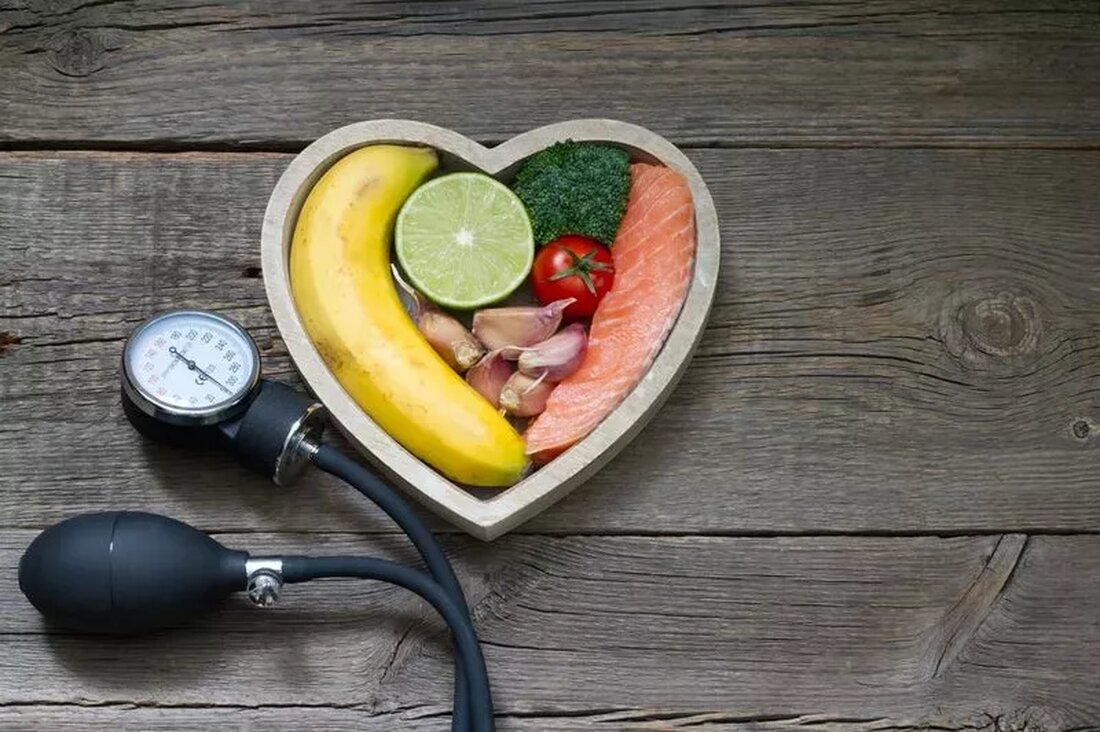Resveratrol as an anti-inflammatory agent
Resveratrol as an Anti-Inflammatory Agent By Prof. Gene Bruno, MS, MHS, RH(AHG) Huntington University of Health Sciences Resveratrol is a nutraceutical that originally became famous as a compound found in red wine that may contribute to the "French paradox" - the unexpectedly low mortality rate from cardiovascular disease in the Mediterranean population despite the relatively higher intake of saturated fats.1 Subsequently, excitement blossomed when studies showed that resveratrol helped activate the SIRT-1 gene, which is linked to longevity.2 While additional research since then has shown a number of potential health benefits associated with resveratrol supplementation, the subject of this blog is the effectiveness of resveratrol as...

Resveratrol as an anti-inflammatory agent
Resveratrol as an anti-inflammatory agent
By Prof. Gene Bruno, MS, MHS, RH(AHG)
Huntington University of Health Sciences
Resveratrol is a nutraceutical that originally became famous as a compound found in red wine that may contribute to the "French paradox" - the unexpectedly low mortality rate from cardiovascular disease in the Mediterranean population despite relatively higher saturated fat intake.1 Subsequently, excitement blossomed when studies showed that resveratrol contributed to the SIRT-1 gene which is associated with longevity.2 While additional research has since shown a number of potential health benefits associated with resveratrol supplementation, the topic of this blog is the effectiveness of resveratrol as an anti-inflammatory agent.
Whilein vitroand animal studies certainly demonstrated the anti-inflammatory effects of resveratrol, this nutraceutical was able to effectively suppress oxidative and inflammatory stress even in healthy people with just 40 mg/day.3 This was demonstrated by the reduction of inflammatory markers such as TNF-alpha, IL-6 and C-reactive protein, with no changes in the placebo group. Another study in postmenopausal women with osteoarthritis pain concluded that 75 mg of resveratrol twice daily significantly reduced pain and improved overall well-being.4
Ulcerative colitis has also responded to treatment with resveratrol. In one study5, 56 UC patients who received 500 mg of resveratrol per day showed significant improvement in symptoms, reduced malondialdehyde (a highly reactive compound for oxidative stress) and increased superoxide dismutase (SOD), as well as total antioxidant capacity. In other studies6 of 50 UC patients, 500 mg of resveratrol per day reduced the activity of inflammatory compounds, including TNF-α, hs-CRP, and NF-κB activity.
Additionally, in a study7 of firefighters who received 100 mg of resveratrol per day for 90 days, plasma biomarkers of inflammation following a physical fitness test were reduced, including IL-6 and TNF-α.
Resveratrol should clearly be considered as part of a protocol for patients requiring anti-inflammatory treatment.
References:
Professor Gene Bruno, MS, MHS, provost for Huntington College of Health Sciences, is a nutritionist, herbalist, author and educator. For more than 37 years, he has educated and trained natural products retailers and healthcare professionals, researched and formulated natural products for dozens of dietary supplement companies, and authored articles on nutrition, herbal medicine, nutraceuticals, and integrative health topics for trade and consumer magazines and peer-reviewed publications. He can be reached at gbruno@hchs.edu.
- Herzkreislauferkrankung
- Französisches Paradoxon
- niedrige Sterberate
- Mittelmeerbevölkerung
- Prof. Gene Bruno Blog
- Rotwein
- Resveratrol
Read original article in English.

 Suche
Suche
 Mein Konto
Mein Konto
